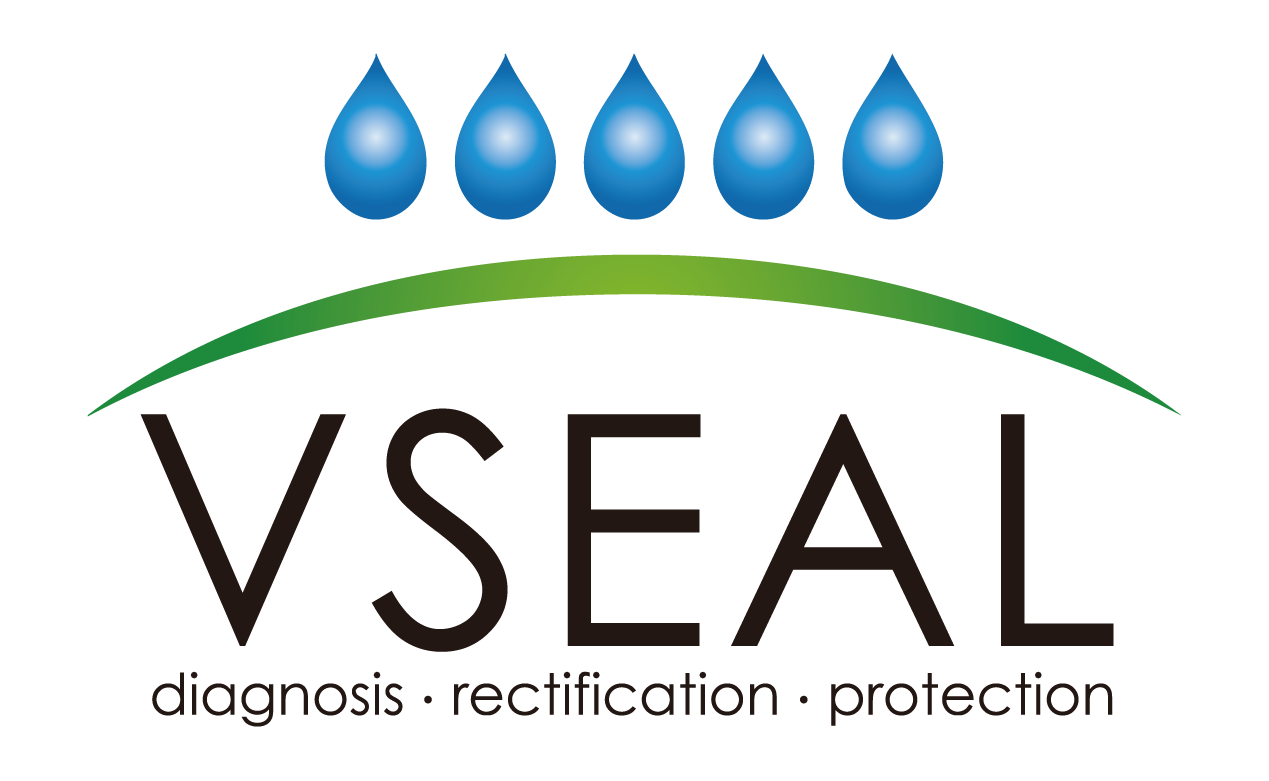From heights to bank accounts, here’s what you’ll mount.
Rope access work offers an exciting career path for individuals who enjoy working at heights. But how much does it pay? Whether you’re an entry-level worker or an expert in the field, salaries can vary depending on industry, location, and qualifications. Let’s explore the breakdown of rope access salaries and the key factors that influence them.
Overview of Rope Access Pay Scale
In Malaysia, rope access technicians can expect salaries to differ based on their experience level and industry. Here’s a general breakdown:
– Entry-Level (IRATA Level 1): Salaries typically start around RM3,000 to RM5,000 per month. These workers are just starting out and usually perform basic tasks like inspections and simple maintenance.
– Mid-Level (IRATA Level 2): With more experience and additional responsibilities, mid-level technicians can earn RM6,000 to RM8,000 monthly. They might handle more complex tasks like façade repairs or high-rise cleaning.
– Expert Level (IRATA Level 3): These experienced technicians can command salaries upwards of RM10,000 per month, especially in industries like oil and gas. They lead teams and are responsible for project safety and efficiency.
Different industries also impact pay. For example, construction projects often pay less than oil and gas jobs, where offshore work commands premium rates due to the inherent risk and remoteness.
Factors Influencing Rope Access Salary
Several elements come into play when determining a rope access technician’s salary:
- Certifications: The most recognized certification for rope access work is from the International Rope Access Trade Association (IRATA). There are three IRATA levels, and higher levels mean higher pay.
- Type of Work: Whether it’s maintenance, painting, inspections, or more specialized tasks like wall crack repairs or waterproofing impacts salary. More technical and riskier jobs naturally pay better.
- Risk and Location: High-rise jobs, especially in metropolitan areas like Kuala Lumpur, or offshore platforms, command higher pay due to the increased risk. Jobs that require rope access for extreme heights or confined spaces are also more lucrative.
Salary Comparisons by Region
Rope access pay differs not only by industry but also by geography. Here’s how Malaysia compares to some other regions:
– Malaysia: Entry-level technicians earn around RM3,000, with experts earning up to RM12,000.
– United Kingdom: Technicians start at £28,000 (approximately RM160,000 annually) and can exceed £60,000 (RM350,000+) for senior roles in offshore work.
– Australia: Pay starts at AUD 70,000 (around RM220,000) and can go up to AUD 130,000 (RM400,000) for experienced technicians, particularly in mining and energy sectors.
These comparisons show that while salaries in Malaysia are competitive within Southeast Asia, international opportunities in places like the UK or Australia can offer much higher earnings.
Conclusion
Rope access work is not only thrilling but also highly rewarding. With the right qualifications, experience, and willingness to take on more technical or risky projects, rope access technicians can enjoy a sky-high salary. Whether you’re in Malaysia or abroad, this profession offers many high-paying opportunities.
FAQ Section
- What is the starting salary for a rope access technician in Malaysia?
Entry-level technicians with IRATA Level 1 certification can expect to earn between RM3,000 to RM5,000 per month.
- How does the job location affect rope access salaries?
Jobs in remote or risky locations, such as offshore platforms, typically offer higher pay due to increased danger and travel requirements.
- Do I need certification to work in rope access?
Yes, certification from IRATA (International Rope Access Trade Association) is essential, and higher certification levels (Level 2 and 3) lead to higher salaries.
- Which industries pay the most for rope access jobs?
The oil and gas industry offers the highest pay for rope access technicians, especially for offshore work. Other high-paying sectors include construction and building maintenance.
- Can rope access technicians work internationally?
Yes, many countries, including the UK and Australia, offer higher salaries for experienced and certified rope access workers.
- How often should rope access technicians upgrade their certifications?
Technicians should aim to upgrade their IRATA certification every 3 to 5 years to remain competitive and eligible for higher-paying jobs.

